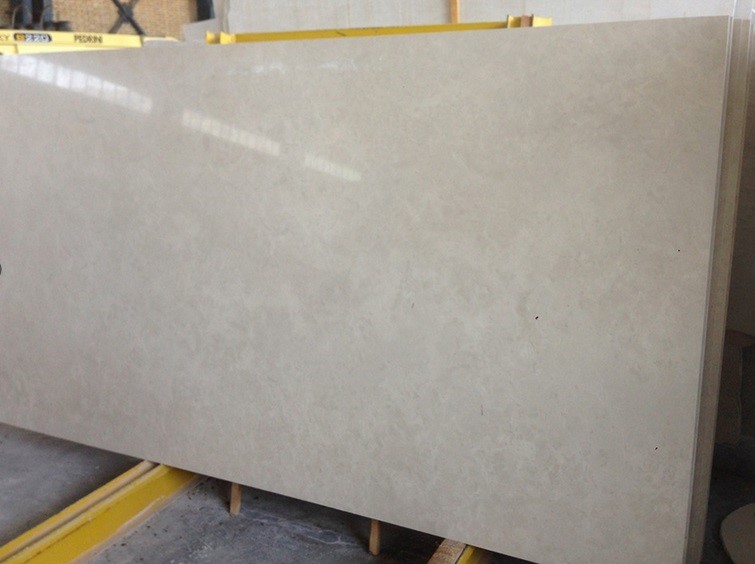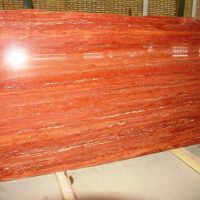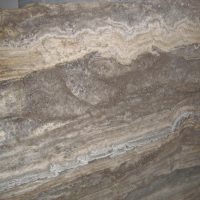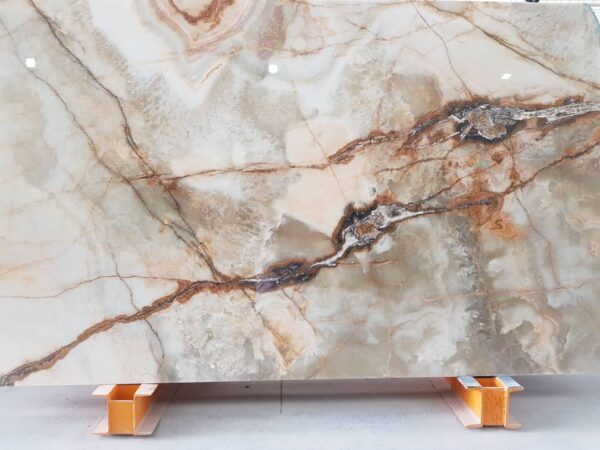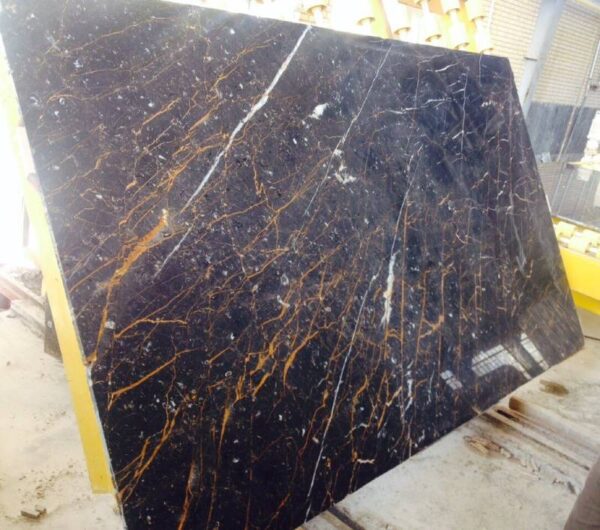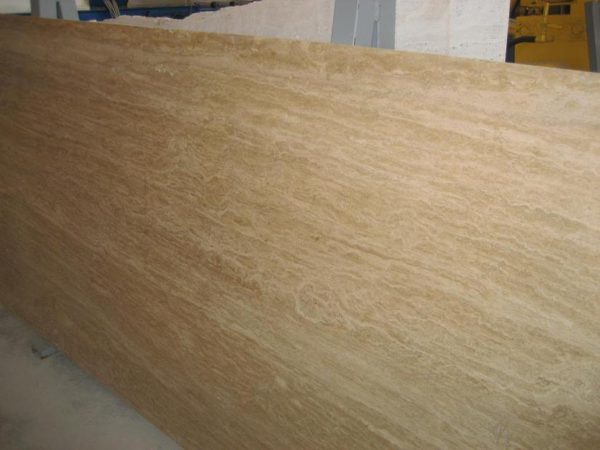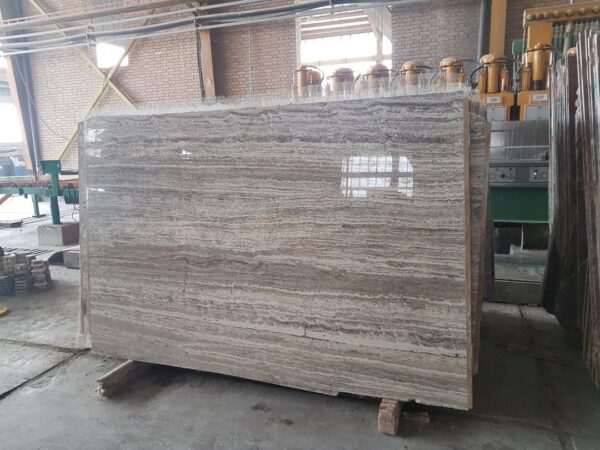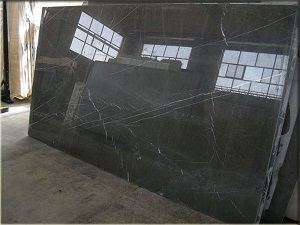Essential Tips for Longevity
Stone is a highly durable material, but even the strongest stones, like granite, marble, and limestone, can crack if not properly cared for. Preventing stone cracks is essential for maintaining the integrity and appearance of your surfaces. Whether you’re working with stone countertops, floors, or outdoor installations, these preventative measures will help ensure your stone lasts for years to come.
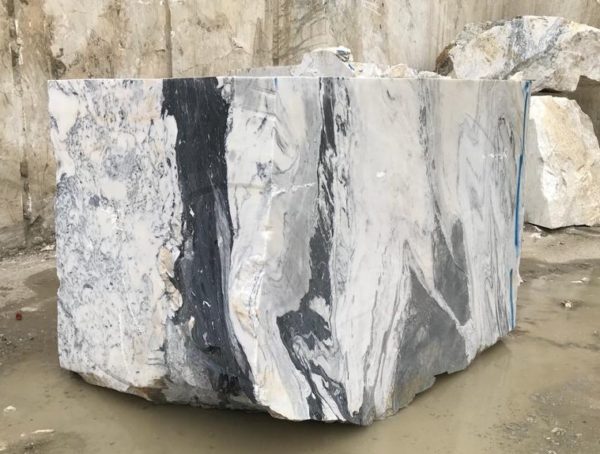

Why Stone Cracks Occur
Understanding why stone cracks is the first step in preventing it. Cracking can happen due to several factors, including:
- Physical Impact: Heavy objects or improper handling can cause chips or cracks.
- Thermal Stress: Sudden temperature changes, especially when exposed to heat, can cause the stone to expand and contract, leading to fractures.
- Improper Installation: Uneven surfaces or incorrect support during installation can lead to stress and cracking over time.
- Environmental Factors: Moisture, freezing, and thawing cycles can contribute to stone degradation and cracks, particularly in outdoor settings.
Tips for Preventing Stone Cracks
By following a few simple maintenance and installation tips, you can prevent cracks and keep your stone surfaces in top condition.
1. Proper Installation and Support
The foundation of preventing stone cracks begins with proper installation. Make sure that:
- Stone Slabs Are Evenly Supported: Ensure your stone is installed on a stable, level surface to avoid uneven stress distribution. This will prevent any sagging or cracking over time.
- Use Quality Adhesives and Sealants: Choosing the right adhesives and sealants will help ensure a secure bond and protect against moisture penetration, which can weaken the stone.
2. Regular Sealing and Maintenance
Regular maintenance is crucial in preventing cracks in stone surfaces. Sealing your stone helps protect it from moisture and staining, which can lead to cracking over time. Here’s how you can maintain your stone:
- Apply Sealant: Use a high-quality sealant every 1-2 years to protect the surface from moisture and other environmental stressors.
- Clean Properly: Avoid harsh chemicals that could damage the stone’s surface. Clean your stone regularly with a soft cloth and a gentle stone cleaner.
3. Minimize Exposure to Extreme Conditions
Stone is naturally susceptible to temperature fluctuations. To prevent cracks caused by thermal stress:
- Avoid Extreme Heat: Don’t place hot pots or pans directly on stone surfaces. Use trivets or hot pads to protect the stone from heat damage.
- Shield from Freezing Temperatures: For outdoor stone installations, ensure proper drainage to prevent water from freezing and expanding inside the stone, causing cracks.

